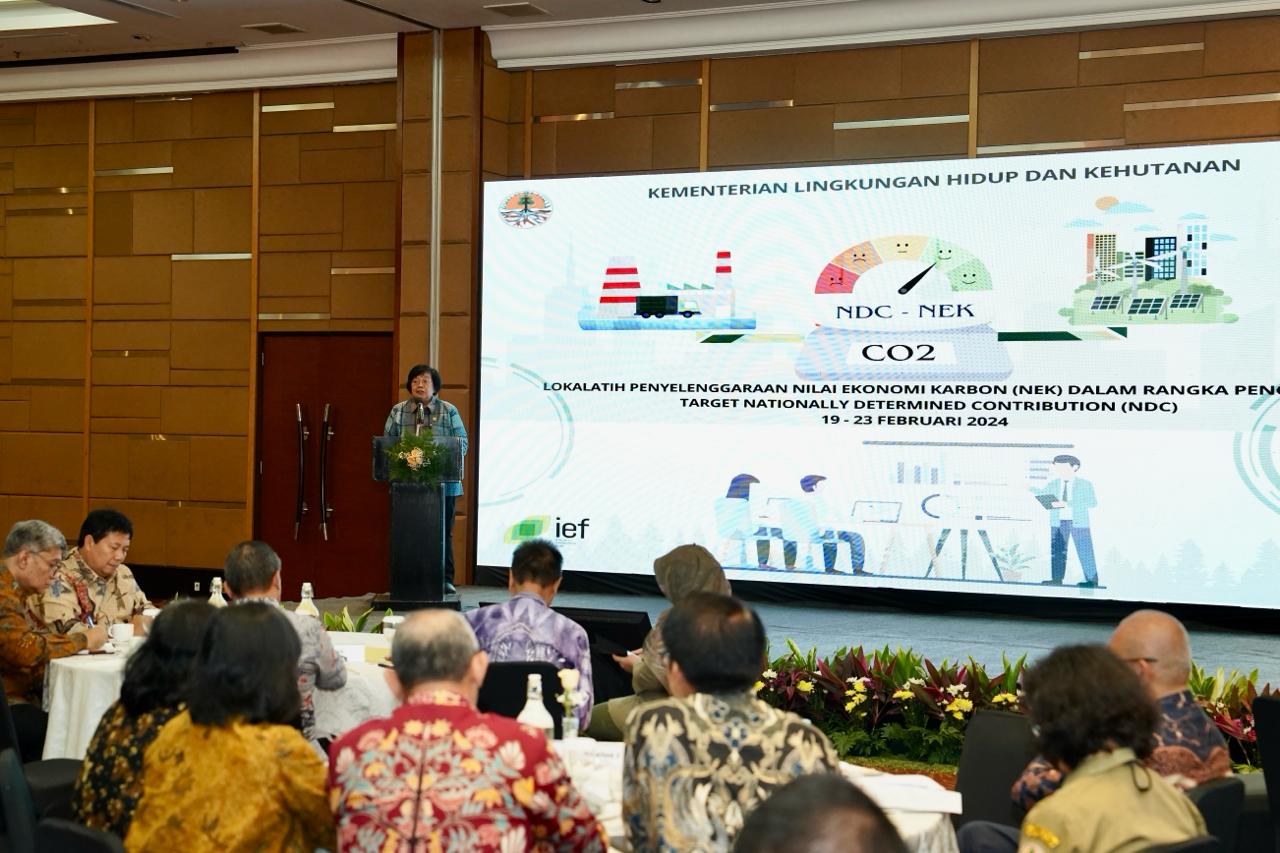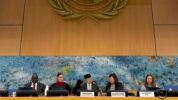OJK Highlights Indonesia’s Carbon Exchange as a Model for Effective Climate Action
JAKARTA, RAKYAT NEWS – Indonesia’s commitment to reducing greenhouse gas emissions has seen a significant boost through its Enhanced Nationally Determined Contributions (ENDC).
The country’s original target to cut emissions by 29% has been raised to 31.89% under ENDC, with the goal increasing from 41% to 43.20% with international support. This adjustment reflects recent national climate policies, including the FOLU Net-Sink 2030, accelerated electric vehicle adoption, B40 biofuel policy, and enhanced waste management and agricultural sector actions.
Under Presidential Regulation No. 98/2021, Indonesia’s carbon market operations aim to support NDC targets and emission control. The regulation encompasses four mechanisms: Carbon Trading, Performance-Based Payments, Carbon Levies, and other evolving methods. This framework incentivizes NDC achievement by supporting activities such as forest fire control, deforestation prevention, and renewable energy transitions.
The carbon market framework is designed for both domestic and international markets. Domestic carbon trades contribute to Indonesia’s emissions reduction goals, while the market opens opportunities for broader international funding. NEK (Nationally Determined Contribution) aligns with Indonesia’s natural resource management philosophy as outlined in the 1945 Constitution.
Historically, carbon trading was governed by the Clean Development Mechanism (CDM) and Joint Credit Mechanism (JCM) under the Kyoto Protocol, as well as voluntary carbon mechanisms (VCM) that operate independently of national records. However, under the Paris Agreement, Indonesia has committed to regulations excluding VCM, as outlined in Presidential Regulation No. 98/2021 and Ministerial Regulation No. 21/2022.
Dr. Wahyu Marjaka, Director of Sectoral and Regional Resource Mobilization at KLHK, emphasized that some forestry concession holders engaging in private crediting schemes not aligned with Indonesian regulations have faced government actions.



























Tinggalkan Balasan